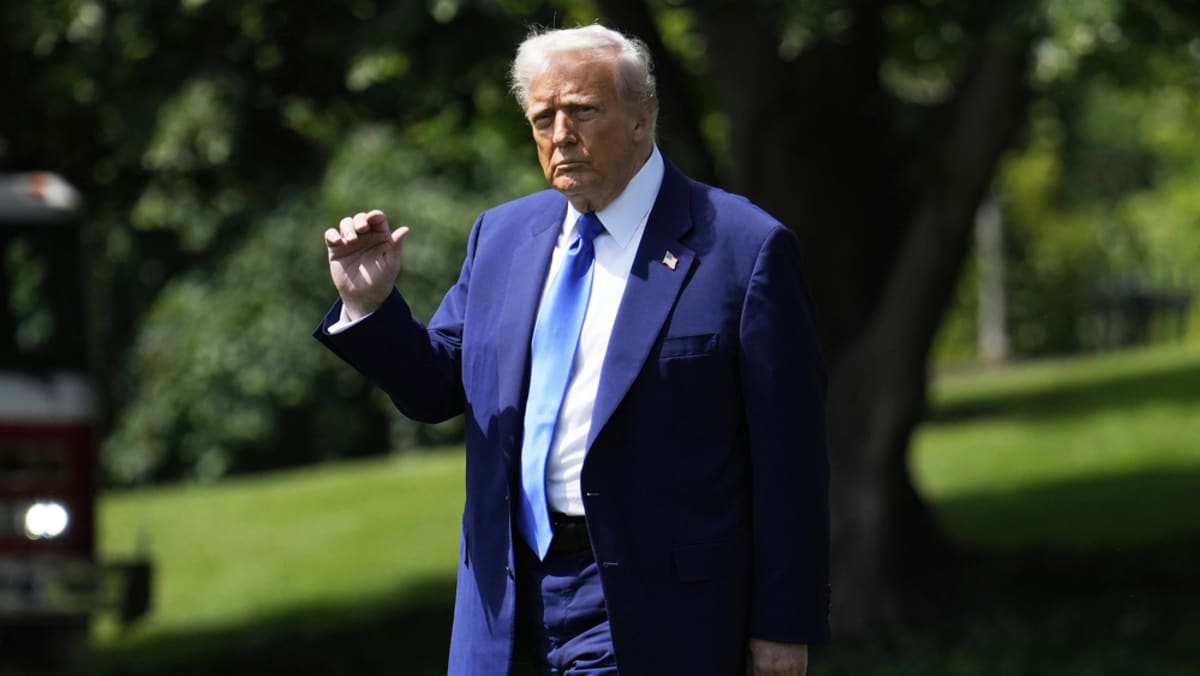GEOPOLITICAL TENSIONS
Trump is visiting the Middle East amid turbulent geopolitical tensions in the region.
In his first term, one of his signature foreign policy achievements were the Abraham Accords in 2020 – the normalisation of diplomatic relations between Israel and the UAE, Bahrain, Morocco, and Sudan.
Trump’s Middle East envoy Steve Witkoff has hinted that more countries could soon be added to that list, but observers said one in particular – Saudi Arabia – seems unlikely.
It had been close to achieving a normalisation deal with Israel just before the war in Gaza broke out on Oct 7, 2023. Since then, Saudi Crown Prince Mohammed bin Salman has accused Israel of committing genocide in the Palestinian enclave.
Gray, the former US ambassador, said he thinks it would be “very difficult” for the Saudis to agree to normalising relations with Israel during Trump’s trip.
“I think the flaw of the Abraham Accords is that they were built on a faulty premise, which is that the world can ignore the Palestinian issue and everything will be fine in the Middle East,” he added.
“As we so sadly found out on Oct 7 and subsequently, that’s simply not the case.”
The Gulf states have been influential as mediators in conflicts besetting the region.
Qatar and the US have worked together on the conflict in Gaza, while Oman has helped mediate between the US and Iran, as well as facilitated the Houthis’ ceasefire in Yemen.
Iran is also likely to factor into discussions, as the US moves closer to a possible deal to limit the country’s nuclear capabilities.
Panikoff said the Middle East, however, has taken the view over the last few years that the US – no matter who the president is – will not provide the level of defence and security guarantees to ensure their own economic diversification.
Saudi Arabia and Iran signed a renormalisation deal in Beijing in 2023.
“They’ve had to go to plan B, and plan B has meant detente with Iran and moving on, looking for rapprochement,” noted Panikoff.
“So I think that framework, where it was about security and is now about economics – in part because of the Iranian issue – is very different than it was. It really creates a different environment than we saw eight years ago.”
